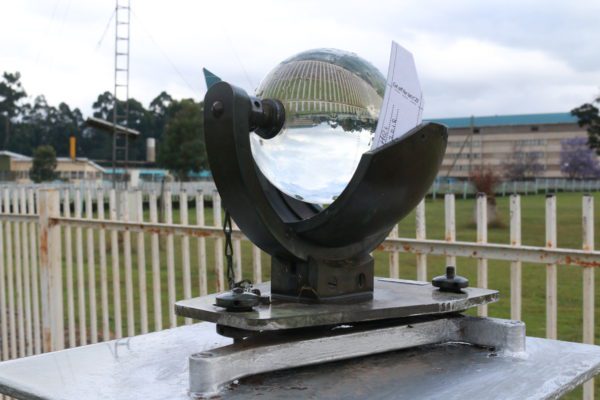Early warning services are critical to healthy ecosystems, safe communities, and productive economies. Disasters like storms, floods, droughts, heatwaves, and wildfires have become more common and intense.
In Africa, about 56percent of people are not covered by an early warning system,” Abubakr Salih Babiker, the Africa Climate Podcast.
Babiker is a Climate Scientist and the Meteorological Infrastructure Technical Coordinator at the World Meteorological Organization (WMO).
Between 1970 and 2019, Babiker says that nearly 2 000 disasters were recorded related to weather, climate, and water extremes in Africa. Over 700,000 deaths were recorded, resulting in $38.5 billion in economic damage.
A 2021 WMO report attributes more than 11 000 disasters to weather, climate, and water-related hazards worldwide.These disasters left over 2 million people dead. Resulted in economic losses of 3.6 trillion US dollars.
Few reporting weather stations
With disasters becoming more intense, Christopher Trisos advises African governments to invest in good weather station networks to improve their early warning systems.
Trisos is a senior researcher at the Africa Climate and Development Initiative at the University of Cape Town, South Africa, and an IPCC Climate change reports author.
Listen to how Kenyan middlemen killing research funds flow to researchers.
Many African countries have a few actively reporting weather stations recording local temperatures and rainfall patterns.
“Without a good network of weather stations, it’s challenging for climate researchers to develop early warning systems like improving weather forecasts to warn people of incoming flood risks or heat waves.”

An early warning system is an integrated system letting people know of incoming threatening weather. The information informs governments, communities, and individuals on actions to minimize harm.
With disasters expected to continue, Babiker says investment in early warning systems shields economies from severe events and people.
“When a country invests in good observation networks, invests in automatic weather stations, shares data more with the globe, this improves the forecasts” says Babiker.
Better forecast helps enhance agricultural production, and improves service delivery.
